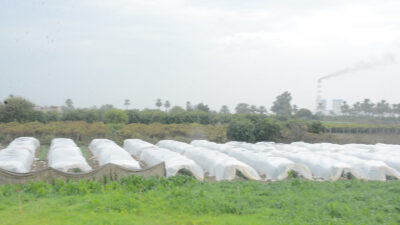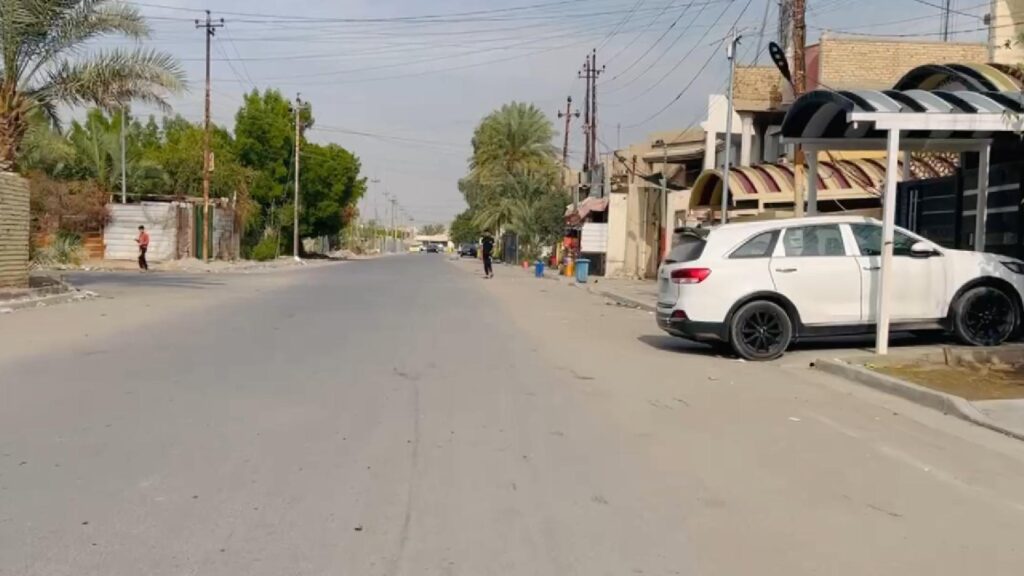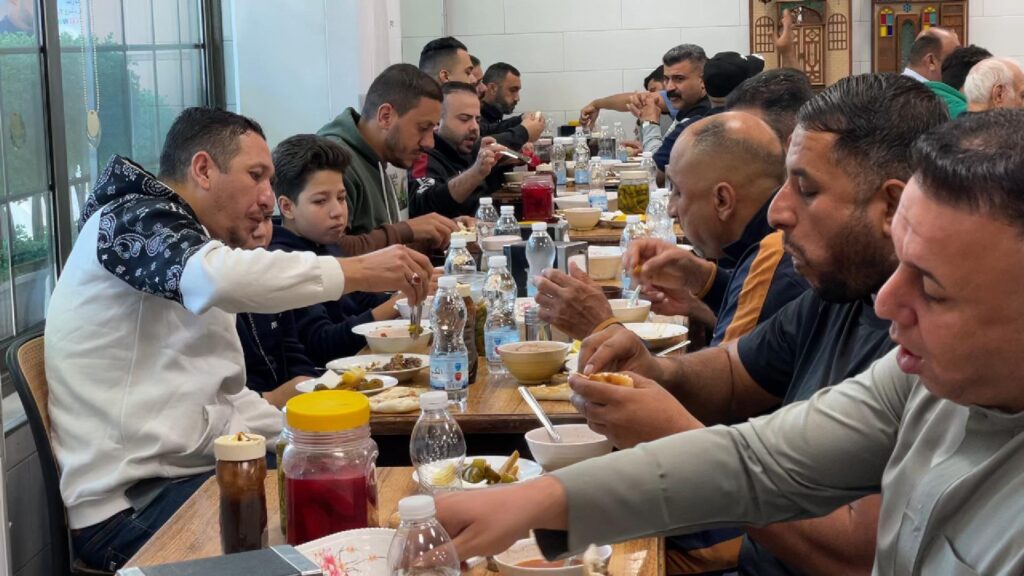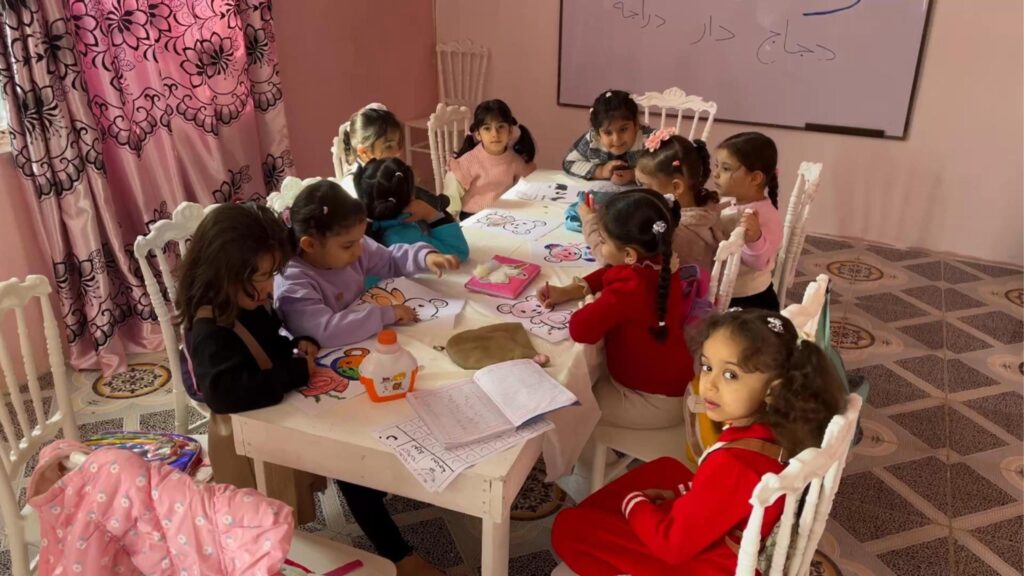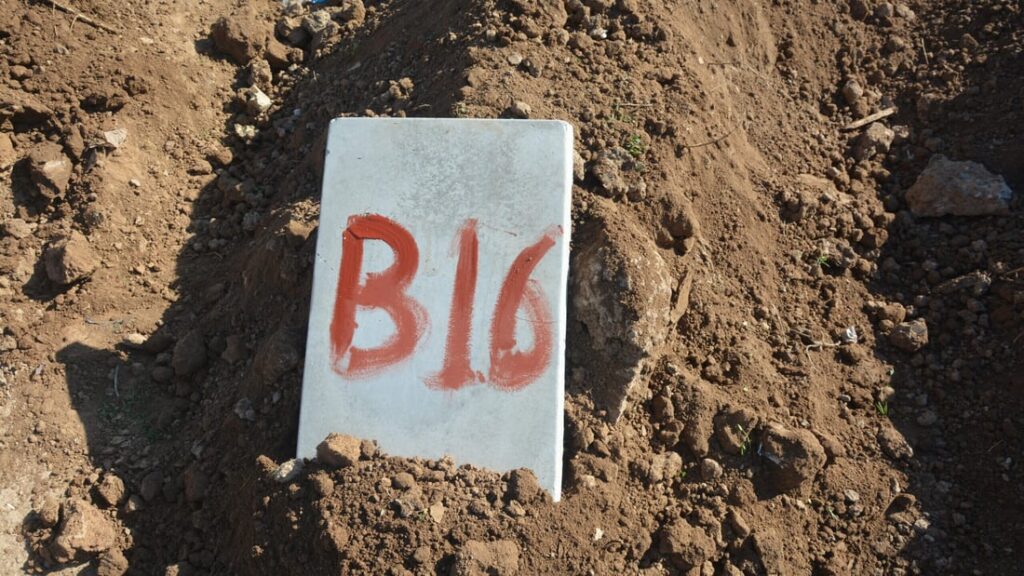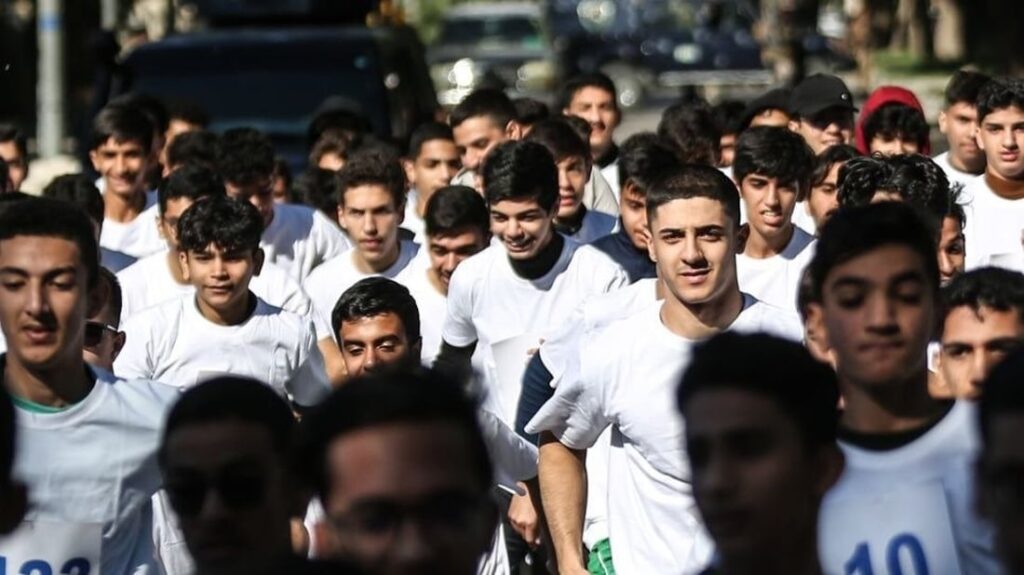Arabs in Syria’s Deir Ezzor protest against ruling Kurdish militia

Starting five days ago, they said demonstrations against the Syrian Democratic Forces (SDF) had taken place in a string of towns, from Busayrah to Shuhail, in a strategic oil belt in the heart of Arab tribal territory, east of the Euphrates River.
Protesters burned tires along a major highway from Deir Ezzor to Hasaka that is used by tankers carrying oil, a lucrative trade the SDF took over from Islamic State after defeating the militant group there from late 2017.
“Where is our oil? We won’t accept after today to transport our wealth outside our areas,” said a banner held by demonstrators in the village of Al-Shanan, pictures of which were sent by residents to Reuters and published on social media.
Residents, protesters and tribal chiefs said convoys of tankers from the nearby oil field of al Omar, the largest under YPG control in Syria, had been turned back by local mobs angered by what they see as theft of oil from their region.
“No to Kurdish occupation,” chanted protesters in Husayn, one of the towns witnessing large protests.
Spearheaded by the Kurdish YPG militia, the SDF has been the main US partner in Syria and has driven ISIS out of a swathe of the country’s north and east over the last four years.
The YPG has formally declined comment on the unrest but two officials privately told Reuters they had begun talks with tribal elders over demands from local residents that include ending arbitrary arrests.
The SDF has continued to sell oil to the Syrian government in Damascus despite US misgivings. It has increased shipments in recent weeks to ease acute fuel shortages caused partly by US sanctions on Iran, a main financial supporter of the Syrian government, which are hurting the Syrian economy.
By ousting ISIS from Deir Ezzor, the YPG laid its hands on some of Syria’s biggest oil fields, beating the Syrian army and its Russian backers to the prize.
The Syrian government controls areas west of the Euphrates river that are less endowed with oil resources.
But resentment against SDF rule in eastern Syria has grown among the predominately Arab population, residents and tribal elders say, with many objecting to compulsory conscription of young men and discrimination in top leadership layers.
With living conditions poor and many towns without electricity, Arab residents complain the YPG-led administration favors majority Kurdish areas in northeast Syria.
Detentions of Arabs have also angered locals but SDF officials have denied any discrimination, saying they themselves had long been victims of Arab nationalist policies that denied them their culture before Syria’s conflict began in 2011.
“In SDF prisons, Arabs are 100 percent and Kurds 0 percent. Where is Justice?,” said a banner held by angry demonstrators in the town of Tayanah on Sunday.
Reporting on the demonstrations, Syrian state television showed footage of oil tankers being blocked and diverted and alleged the SDF had fired live rounds at protesters.

